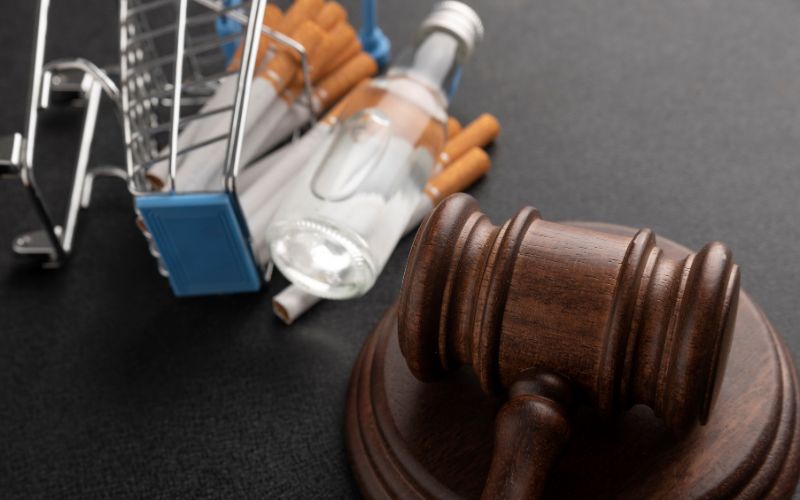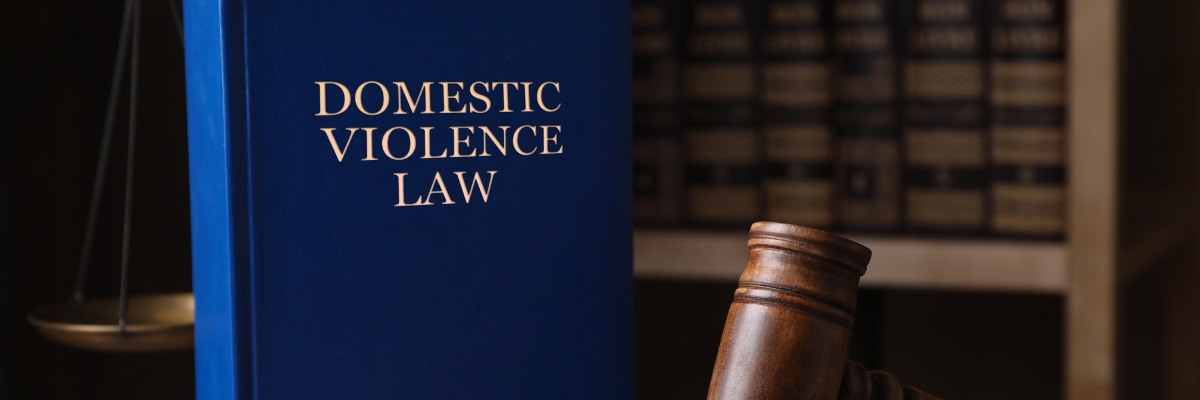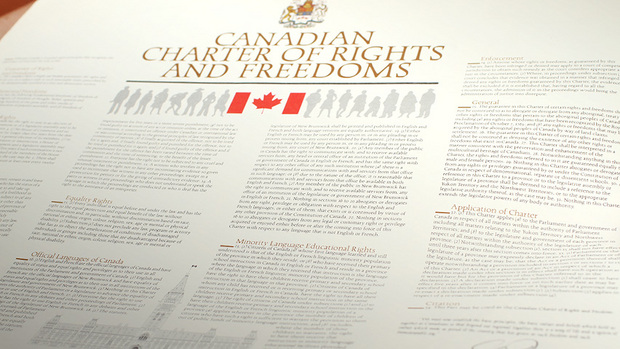If you have a criminal record, no matter how long ago you received a conviction, it may prevent you from travelling or entering into other countries. The United States is our closest neighbour and a country where many Canadians visit on a regular basis; however there are some offences under the Criminal Code of Canada and the Controlled Drugs and Substances Act (CDSA) which, if convicted, could prevent you from entering the United States. For example, offences in relation to illicit drugs, particularly trafficking illicit drugs, are taken very seriously by authorities in the United States. The ongoing War on Drugs in the United States exemplifies this position. A person in the United States can expect a more severe penalty for a drug related offence than can a person who commits the same offence and under the same set of circumstances in Canada.
You should know that not all criminal offences under the Criminal Code or the CDSA will, if convicted, prevent you from entering the United States. However, you may trouble entering the United States with a criminal record where one of those convictions is a crime of moral turpitude. With respect to drug offences under the CDSA; trafficking, possession for the purpose of trafficking, production, or importing and exporting illicit drugs are considered crimes of moral turpitude. If you have been convicted of one of these offences and United States custom officials are aware of any such convictions, they can prevent you entry into the country on that basis. You should also know that a conviction for simple possession is not considered a crime of moral turpitude, and therefore should not prevent you from entering the United States. However, it is always at the discretion of the custom officials as to whether you will be permitted into the country.
The United States defines a conviction as a formal judgement of guilt entered by a court of law and that there is the imposition of a penalty, punishment or restraint of liberty. On this basis, even if you were to receive a suspended sentence for any one of the drug related offences considered to be a crime of moral turpitude, this would be considered a conviction and one where a penalty, punishment or restraint on liberty was imposed.
You should be aware that you can be denied entry even if you are only entering for a very limited period of time, for example if your flight has stop-over in an airport in the United States on the way to the Caribbean. Even in circumstances where you have received a pardon or a record suspension, you may still be denied entry into the United States as a pardon and/or a record suspension received in Canada is not recognized in the United States. If United States custom authorities are aware of your criminal record prior to you receiving a pardon or a record suspension, it is unlikely that they will remove these records once you have received your pardon or record suspension. However, once you receive a record suspension, information regarding your conviction(s) should not be shared with the United States. Therefore, you should strongly consider whether you should attempt to cross the border into the United States until you have received a pardon or record suspension.
You should also know that if you have a criminal record and you have gained entry into the United States on prior occasions, this does not mean you will continue to be able to enter the United States on future occasions without any problems. Future discovery or disclosure of your criminal record may be made without your knowledge to authorities in the United States and you may not be able to successfully gain entry into the United States.
If you have been convicted of trafficking, possession for the purpose of trafficking, production, or importing and exporting of a controlled drug or substance and you absolutely need or wish to enter the United States, you can apply for a waiver of ineligibility. The process can be expensive and can take several months, even without the assistance of a lawyer. In addition, a waiver of ineligibility does not permit you go back and forth to the United States. A waiver of ineligibility only allows you entry into the United States on a one-time basis. Every time you wish to re-enter the United States you must reapply.
A waiver of ineligibility requires you complete an Application for Advance Permission to Enter as Non-immigrant. In addition to the application form, you must send in a filing fee of more than $500, which does not even guarantee that you will receive permission to enter the country. You should strongly consider consulting with a lawyer before filing an application. However if you decide to apply on your own, you should consider doing so well in advance, as it can take several months to process your application.
A final thought you may want to consider when deciding whether to apply for a waiver of ineligibility is that if you decide to do so you are attracting attention to your criminal record and making United States authorities aware of your circumstances. Remember, once the United States authorities are aware of any criminal convictions you have, do not expect that they will remove those convictions from their records, even after you receiving a pardon or record suspension.
If you are charged with any offence under the Controlled Drugs and Substances Act or the Criminal Code, you should strongly consider retaining a lawyer to ensure you receive the best possible result. I am a criminal defence lawyer in Toronto and the surrounding areas and I represent individuals charged with criminal and drug related offences. If you have a question regarding anything you have read, you want to apply for a record suspension or you need a lawyer to represent on a criminal or drug charge, contact me today.













